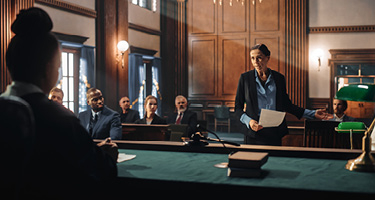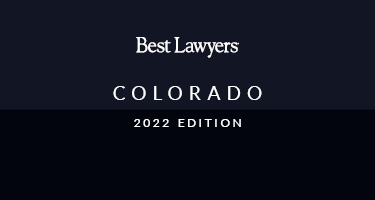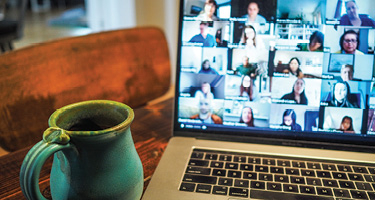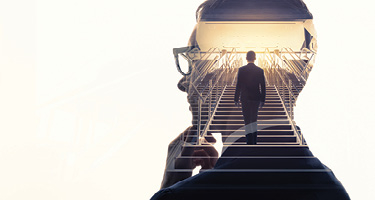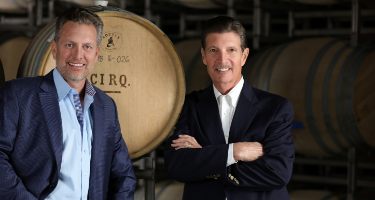According to data from the United States Courts, there were more than 350,000 filings for civil and criminal cases in 2018—and that number is slightly down from the year before. With such a massive number of lawsuits in this country (nearly 1,000 each day), it’s no surprise that expert witnesses are in high demand.
“It’s hard to imagine litigating a case that is anything but the most routine without a de facto expert,” says Jay Levine, a partner at the law firm Porter Wright Morris & Arthur LLP in Washington, D.C., where he is co-chair of the firm's Antitrust Practice Group. “Lawyer arguments are not evidence. Expert witnesses can analyze the case and state their opinion.”
Levine, whose nearly 30-year litigation experience has covered a variety of industries, including agriculture, health care, pharmaceuticals, and consumer products, says he has noticed there is a greater need for expert witnesses now than even 10 or 15 years ago. “There’s more technology, and people are becoming more specialized in their careers,” he says. “You can find a brain surgeon who only operates on the left temporal lobe if you need to.”
Expert witnesses come from all industries and specialties, from super-niche to more common pursuits. Whether you’re litigating a case on pharmaceuticals, medical malpractice, patent infringement, securities fraud, or anything in between, an expert witness can play a crucial role in breaking down the ins and outs of the complicated industry for the jury. “You’re asking six to 12 people who don’t know anything about an industry to decide the fate of your company,” Levine points out. “It’s an important job, so the right credentials and right demeanor are critical.”
Richard Kaletsky, a self-employed safety consultant, has testified as an expert witness about 65 times in court, by deposition, and at arbitration. Prior to becoming an expert witness, he worked with the U.S. Occupational Safety and Health Administration (OSHA) for 20 years and was the safety director for a factory before that. His areas of expertise include safety hazards encountered in the workplace, machine safeguarding, and emergency egress.
Kaletsky cites a variety of reasons for someone with expertise to become an expert witness. “When I present a case, I present proper facts and try to connect things,” he says.
Like all expert witnesses, Kaletsky first has to go through a large amount of case evidence, which can include everything from police reports, to OSHA citations, to photos and surveillance videos, to witness statements. From there, he writes up his expert report. While some expert witnesses turn in reports upwards of 200 pages long, Kaletsky prefers to keep his short. “Mine are very tight,” he says. “I try to knock out any ambiguity, narrow it down, not open any doors.”
Kaletsky has one rule he always abides by: never oversell. From not working on industries he doesn’t specialize in, to acknowledging on the witness stand when he doesn’t have all the answers, he is always honest and frank. That rule has served him well: The biggest case Kaletsky worked on resulted in a $3.6 million settlement.
For litigators like Levine, likeability is also a key factor for expert witnesses. “You need the credentials to wow the jury, but they also have to like you,” he says. “Given how much is at stake, you want to find the right people. Expert witnesses are like your clean-up hitter. They are trying to wrap up the story and apply their analysis.”
Kaletsky agrees. “An expert witness has to paint a picture for the jury,” he says. “But it can’t be done just using technical words; the jury has to understand you. You’re not painting a Picasso, it’s more like a Norman Rockwell.”
[RELATED: China nominations now open]
Whether you prefer the baseball or art analogy, top-notch expert witnesses are a key component to any case. Finding the perfect one, who is both an expert in the appropriate area and has that likeability factor, takes a lot of time and effort. But the payoff is worth it.
------------------
Erin Quinn-Kong writes for GLG, a platform that connects lawyers with expert witnesses. She’s the former editor-in-chief of Austin Monthly and was an editor at Allure and Us Weekly. Erin has written for a number of publications, including The Alcade, OpenTable.com, and Woman’s Day.





